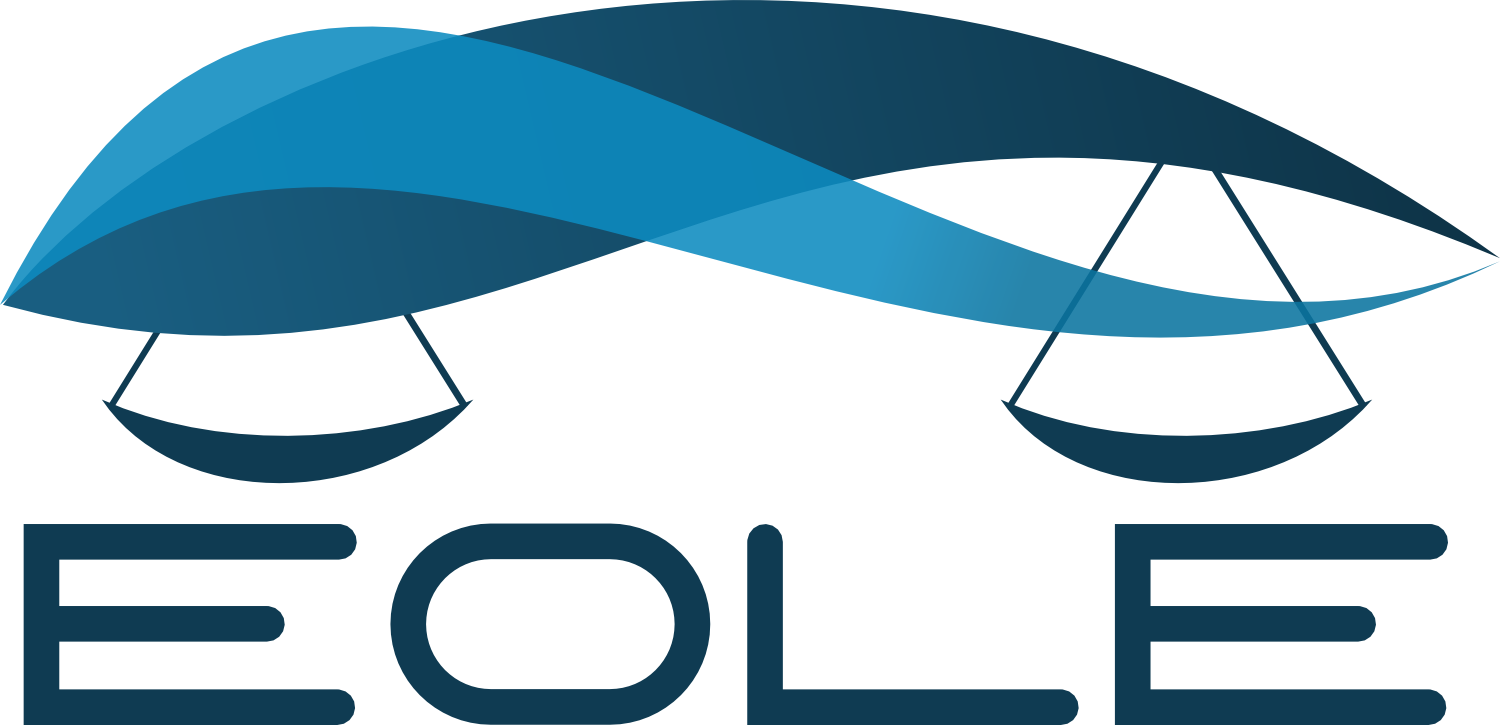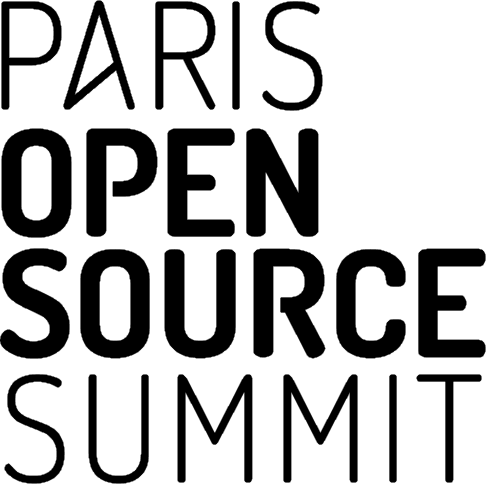Open Innovation based on collaboration, overturns the traditional view of innovation. Indeed, it enshrines the idea of a social innovation which refers to invent or create best with and through others. In this context, stakeholders of the ecosystem are forced to improve their capabilities benefiting from the creativity of each. Increasingly adopted by all industrial and innovative players, it benefits from strong links with movements such as Open Source and Open Data.
An open innovation policy results not only in strengthening collaboration but it also involves the establishment of a formalized strategy in terms of process tools in a precisely defined area. These mechanisms need by nature to be consistent with the strategies of other players in the value chain, whether they are partners or not.
Considering its legal subject, open innovation interests to anyone who thinks in terms of management and exploitation of intellectual property. However, beyond the aspects of intellectual property, legal and organizational framework of this initiative is extended especially to purchasing, quality, communication or human resources. Setting out an appropriate legal framework allows to plan ahead for funding arrangements for the selected experiments and foreseen collaborations. Moreover, it can take different forms according to the environments and the project status.
To facilitate or automate the implementation of open innovation, a number of legal tools must be available to internal and external contributors to the organization (partners, participants etc.).
In addition, the application of these tools must contractually extend to all partners in order to ensure the sustainability of the ecosystem; which enhances, organizes and makes more fluid the various links in the supply chain. Thus, defining an interoperability framework is especially required.
Some firms such as Airbus or CERN encourage their partners and suppliers to enter a collaborative approach to cost-sharing and interoperability. These examples are also representative of profits in the short term of adopting a collaborative management of intellectual property (from the Open Data to Open Hardware through the Open source).
EOLE 2016 will take place on November 15 during Open Source Summit. You can now submit your proposal in one of the following topics :
- intellectual property management
- human ressources management
- relation among Open innovation, Open source and Open data
- business models fostered by the implementation of open innovation
- third-places and co-creation
- Open innovation platforms
- fundraising and procurement
- ecosystem concept

